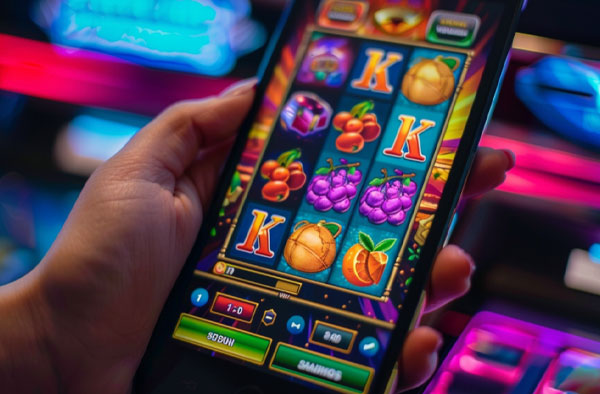In the past few decades, the entertainment industry has undergone a massive transformation, with technology playing a pivotal role. One of the most remarkable developments is the rise of online games, a genre of digital entertainment that has grown from niche interest to a mainstream phenomenon. Whether you’re battling for supremacy in a multiplayer game, solving puzzles, or teaming up with friends across the world KOIN 555, online gaming offers a diverse, immersive experience that is reshaping how we interact with technology, entertainment, and even each other.
What Are Online Games?
Online games are digital games that require an internet connection to play. Unlike traditional single-player games that are confined to offline experiences, online games offer the advantage of connecting players from all over the globe. These games can range from simple mobile app games to complex multiplayer experiences that span entire virtual worlds. Online games include various genres like first-person shooters (FPS), battle royales, role-playing games (RPGs), real-time strategy (RTS), racing games, and sports simulations. They can be played on multiple devices, including personal computers, consoles, and mobile phones.
The Evolution of Online Gaming
The journey of online gaming began in the early 1990s when the internet became more widely accessible. One of the first major milestones was the release of games like Doom (1993) and Warcraft (1994), which allowed players to connect over local networks or dial-up connections. These early forays into online gaming paved the way for larger, more immersive experiences. By the late ’90s and early 2000s, the rise of broadband internet and the introduction of massively multiplayer online games (MMOs) like World of Warcraft (2004) and EverQuest (1999) marked a golden age of online gaming.
Today, online games are not only a form of entertainment but also a cultural phenomenon. With the advent of faster internet speeds, cloud gaming platforms like Google Stadia and Xbox Cloud Gaming, and the proliferation of smartphones, gaming has become more accessible and engaging than ever before.
The Social Aspect of Online Games
One of the most significant aspects of online gaming is the social experience it provides. Gone are the days when gaming was a solitary activity. Now, players can interact, cooperate, or compete with others in real time, regardless of geographic location. Games like Fortnite, League of Legends, and Minecraft have created global communities where millions of players form teams, strategize together, and build friendships across borders. The social aspect of gaming has become so integral that it has led to the rise of professional eSports leagues, where players can make careers out of their gaming skills.
The advent of voice chat, live streaming platforms like Twitch, and social media has further amplified the social dimension of gaming. Today, it’s not uncommon for players to form lasting connections through online games, participate in gaming communities, and share their gameplay experiences with a global audience. For many, online games serve as a space to meet new people and form bonds that extend beyond the game itself.
The Impact of Online Games on Popular Culture
Online games are no longer confined to the gaming world—they have infiltrated broader popular culture. Iconic titles like Fortnite and PUBG (PlayerUnknown’s Battlegrounds) have influenced everything from fashion to music. Major live events, such as in-game concerts and virtual reality concerts within Fortnite, have demonstrated the growing connection between gaming and other entertainment industries. The Fortnite concert by artist Marshmello in 2019 drew millions of live attendees, proving that gaming can create unique experiences that blend music, digital interaction, and entertainment in ways traditional media cannot.
The influence of online games extends into movies, TV shows, and even literature. Films like The Matrix, Ready Player One, and TV series like Stranger Things incorporate elements of gaming and virtual worlds into their plots. This cultural exchange between gaming and other entertainment mediums highlights the growing importance of online gaming in modern storytelling.
Economic Power of Online Gaming
The economic impact of online gaming cannot be overstated. The global gaming industry is expected to surpass $200 billion in revenue by 2025, making it one of the largest entertainment sectors in the world. This growth is driven by multiple factors, including the increasing popularity of eSports, the rise of mobile gaming, and the monetization of games through in-app purchases, subscriptions, and microtransactions.
